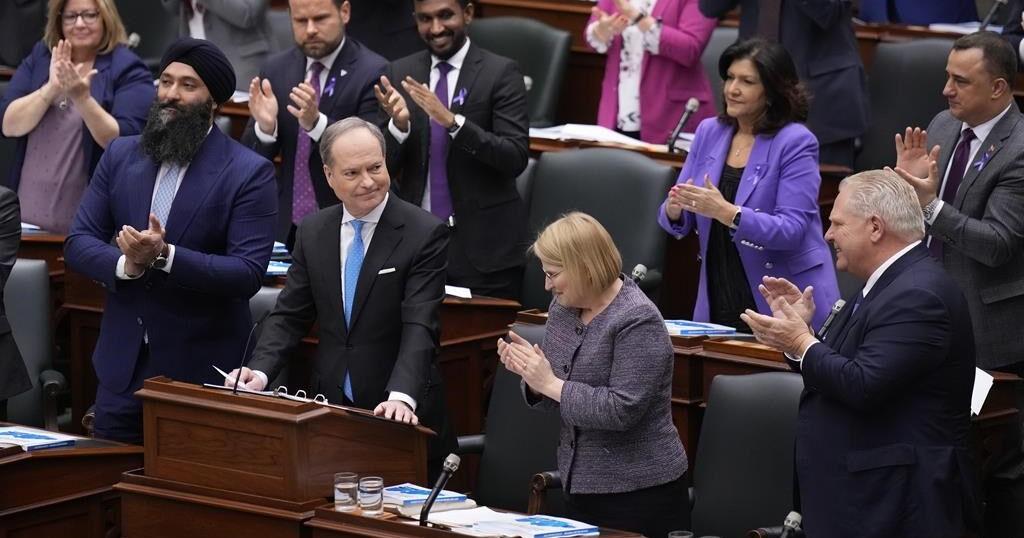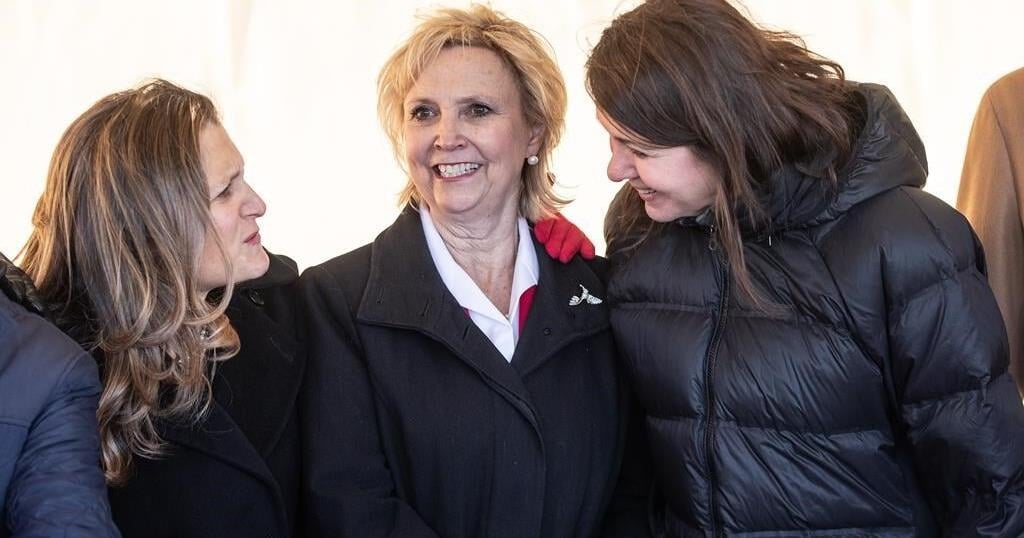VICTORIA – British Columbia’s seniors advocate has called for the enforcement of tenancy laws to protect retirement home residents who he said face illegal rent increases and evictions.
Dan Levitt said the province must ensure that the Residential Tenancy Branch enforces the law in retirement homes to make sure the annual allowable rent increase, set at 3.5 per cent in 2024, is followed.
According toa report released by the Office of the Seniors Advocate Thursday, many seniors living in retirement homes are at “risk of eviction,” with landlords notifying them to pay increases in service costs or face the prospect of having to find another place to live.
Levitt said many landlords are ignoring the limit on rent increases, resulting in seniors facing annual cost spikes of up to 24 per cent.
“We want seniors to have the same rental protections as other British Columbians and we want the rights of seniors upheld,” Levitt said.
“Private independent living is an important part of the continuum of seniors housing in British Columbia, and we want to make sure all parties understand the rules and that they’re applied fairly.”
The new report said some retirement homes claim the Residential Tenancy Act does not apply to their residents or to mandatory fees for services such as meals and housekeeping.
But Levitt said the law is “very clear” that anything a resident must pay to their landlord is part of their tenancy, and mandatory fees for services are therefore also subject to the limits on annual allowable rent increases.
More than 30,000 seniors rent units in independent living complexes in B.C., and Levitt said his office had received an “alarming rise” in calls from seniors after he took over the advocate role in April.
Speaking at a press conference Thursday, Levitt shared stories from anonymous seniors who he said received eviction notices when they told their landlords they could not afford cost increases or wanted to opt out of services.
In one case, Levitt said a tenant was facing a proposed monthly cost increase from $1,848 to $2,300.
Levitt said residents must be able to opt out of fees, adding that the province must also address the “intimidation and vulnerability” seniors felt when they tried to negotiate with their landlords.
“When seniors try to challenge their landlord, they are often provided with conflicting and incorrect information and left to navigate the arduous, time-consuming and costly process of obtaining a hearing with an arbitrator,” Levitt said.
“Seniors tell us the dispute process is onerous and intimidating,” he said. “It requires computer skills to complete online forms and applications, and some seniors were unable to complete the form on their own.”
Levitt said many seniors felt unprepared to represent themselves while the landlord was often represented by experienced legal counsel.
He said he believed the extent of the problem was under-represented, since the province has not tracked complaints specific to rent increase in independent living.
“This means that seniors are currently at risk and living without the protections that most renters in the province already enjoy,” Levitt said. “We must act now to improve the power imbalance in the landlord/tenant relationship in independent living.”
Levitt said his office is looking forward to receiving an update from the Ministry of Housing and the Ministry of Health in the next six months on the progress made on the report’s recommendations.
Health Minister Adrian Dix said in recorded comments provided by the ministry that assisted living facilities were governed by the Community Care and Assisted Living Act, while independent living facilities and their residents were under the Residential Tenancy Act.
He said it was important for tenants and operators to understand which act applied to them.
Dix said the ministry would work with the seniors advocate on the “important issues” raised in the report.
— By Nono Shen in Vancouver
This report by The Canadian Press was first published July 4, 2024.























